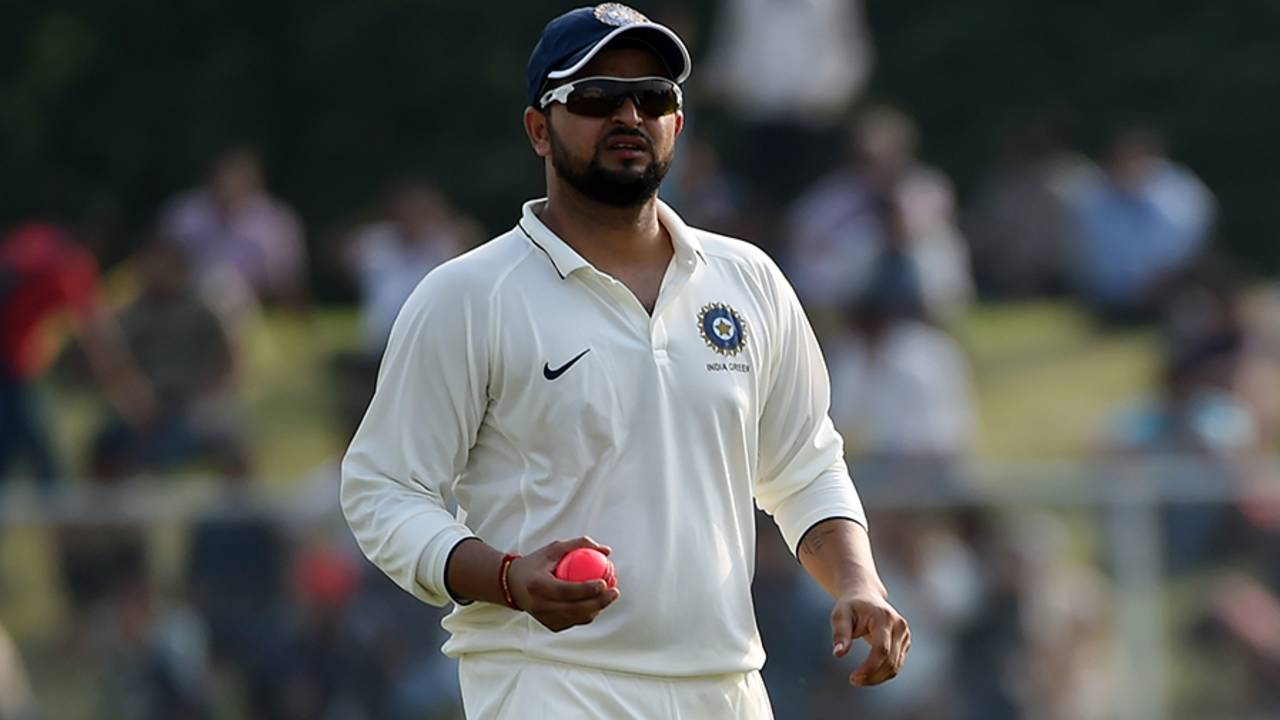Test cricket needs saving and the players can be its saviours by embracing day-night Tests,
Sanjay Manjrekar said at the Dilip Sardesai memorial lecture. Manjrekar felt that cricket's "cocky" attitude towards fans and archaic traditions in dissension with the changing times were impeding the format's popularity. He expressed a need for the five-day game to be offered to fans "as per their convenience", as they were no longer inclined to flock to cricket grounds during work hours.
"The world is ever-changing and with it the taste of people. Don't be fooled by the crowds at Test matches in England, that's an aberration. I travel the world and see countries struggle to pull crowds to Test cricket," Manjrekar said at the Cricket Club of India in Mumbai on Monday.
"It's not that there's zero interest in Test cricket, just that people can't come to the stadium or watch on TV. That's because we are cocky. We have kept the timings such that they are working hours. Gone are the days when people would bunk office and fill up every seat at the Eden Gardens. It's time to be humble and offer Test cricket to fans as per their convenience.
"The only way to increase viewership, popularity and thereby its quality is day-night Test matches. Why aren't we playing more day-night Tests? It's a no-brainer. It would draw more viewership."
The game's biggest crowd puller, India, declined to play a day-night Test proposed by Cricket Australia as part of the four-Test series later this year. They were entitled to do so under ICC's current regulations for bilateral series, which state that hosting a day-night Test requires the consent of the visiting team. However, they are likely to be stripped off that choice once the Test Championship starts, as member boards have recommended it should only be the prerogative of the host nation.
It is understood that senior Indian cricketers were wary of being thrown into a pink-ball contest without having trialled it convincingly at home. While the pink ball has been tried in the Duleep Trophy - with
mixed reactions from the players - most of India's Test regulars did not participate. Manjrekar felt that it was paramount that administrators prioritised the greater good of the game as the players, subsumed by the desire to win, are prone to a myopic attitude during their playing days.
"The players are wary of it - the pink ball, the dew factor, etc. But I've always believed that conditions are never unfair if they are the same for both sides. What is happening is that we want to give perfect conditions for players to play, even if it means nobody is watching. There was a time when the relationship between players and boards, especially in India, was uneasy. They were always at loggerheads. But we must be careful that we don't go to the other extreme and make players happy, come what may. Not at the cost of the game. Take the bull by the horns. Do what's best for the game, for its long-term health. And make the players join, even if they are reluctant. They will thank us later. As a player I, too, had a narrower vision of the game than I do now."
